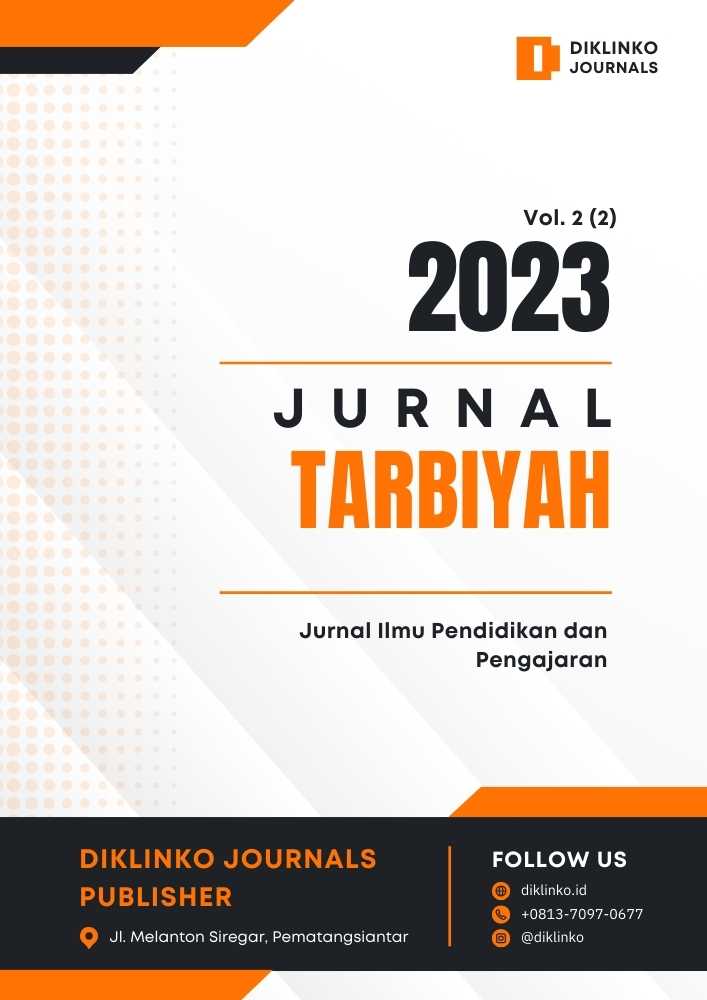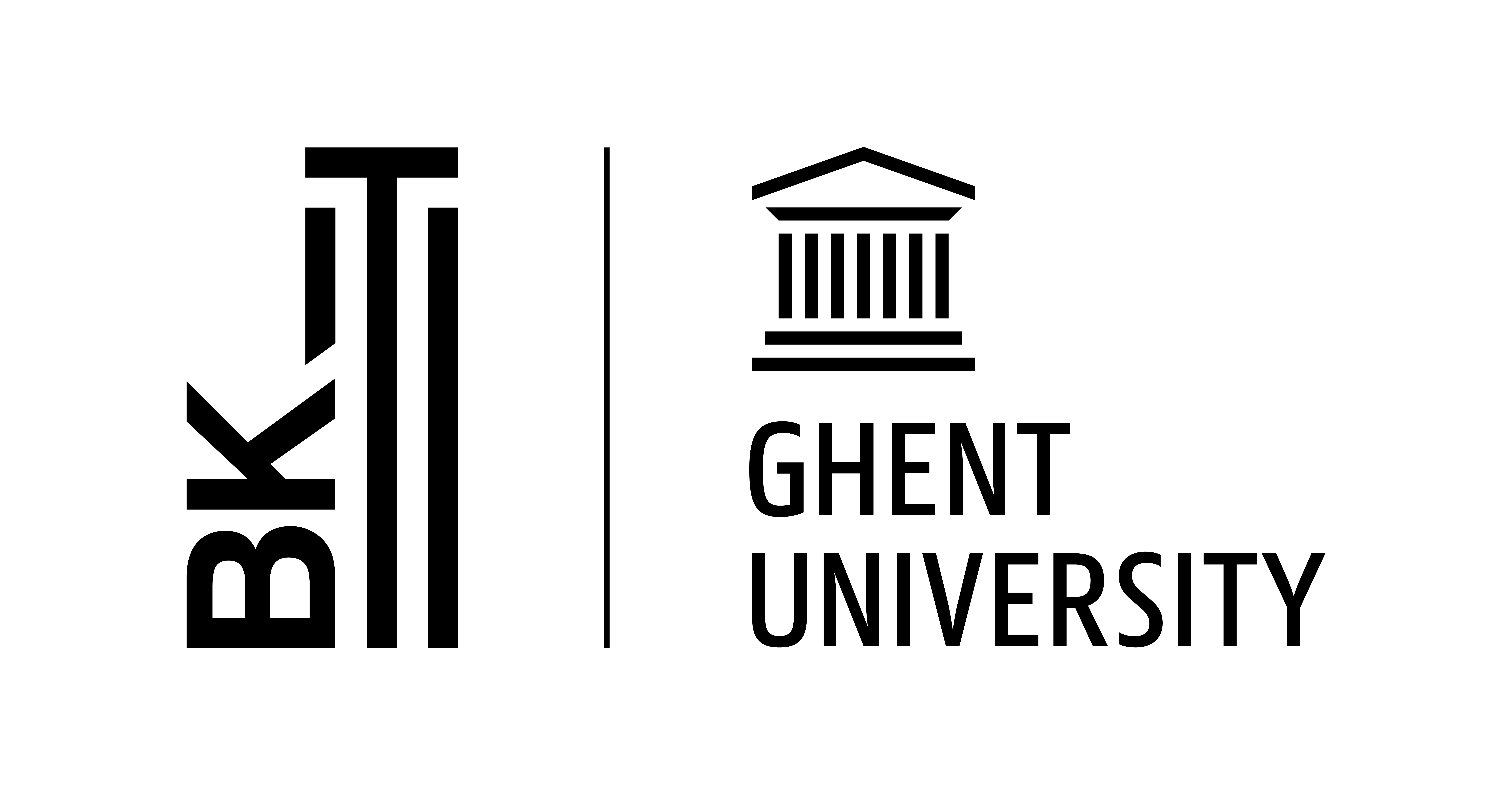Dampak Media Sosial Terhadap Regulasi Emosi Mahasiswa Pada Program Studi Bimbingan Penyuluhan Islam
DOI:
https://doi.org/10.64464/tarbiyah.v2i2.102Kata Kunci:
Dampak media sosial terhadap regulasi emosi mahasiswa, Dampak media social pada mahasiswa BPI, Regulasi emosional mahasiswaAbstrak
Social media is one of the very easy social tools that can have both positive and negative impacts. The impacts that may occur include feeling anxious, overthinking, and even the possibility of addiction, which can make adolescents struggle to control their emotions. If this happens continuously, it can be dangerous for mental health, especially in controlling emotions. This research aims to examine the mental health of students in the Islamic Counseling and Guidance UIN Syarif Hidayatullah Jakarta regarding emotional mental health in adolescents. This research uses a qualitative case study method that shows students with low emotional regulation abilities tend to use social media to reduce the pressure they experience, leading to potential addiction if such behavior continues. Students with high emotional regulation tend to avoid social media addiction because they engage in other activities that regulate their emotions effectively.
Referensi
Agustina, N. A., & Widyastuti, W. (2023). Relationship between Emotion Regulation and Grit in High School Athlete Students. Indonesian Journal of Innovation Studies, 21. https://doi.org/10.21070/ijins.v21i.811
Blanchard-Fields, F., Mienaltowski, A., & Seay, R. B. (2007). Age Differences in Everyday Problem-Solving Effectiveness: Older Adults Select More Effective Strategies for Interpersonal Problems. https://academic.oup.com/psychsocgerontology/article/62/1/P61/572509
’Cahyono, A. S. (2016). PENGARUH MEDIA SOSIAL TERHADAP PERUBAHAN SOSIAL MASYARAKAT DI INDONESIA. Semantic Schoolar.
Elhai, J. D., Hall, B. J., & Erwin, M. C. (2018). Emotion regulation’s relationships with depression, anxiety and stress due to imagined smartphone and social media loss. Psychiatry Research, 261, 28–34. https://doi.org/10.1016/j.psychres.2017.12.045
Gross, J. J., & John, O. P. (2003). Individual Differences in Two Emotion Regulation Processes: Implications for Affect, Relationships, and Well-Being. Journal of Personality and Social Psychology, 85(2), 348–362. https://doi.org/10.1037/0022-3514.85.2.348
handayani, sinta sri. (2018). REGULASI EMOSI PADA PENGGUNA MEDIA SOSIAL.
Intishar, A. R., & Nugrahawati, E. N. (2023). Pengaruh Regulasi Emosi terhadap Perilaku Cyberbullying pada Pengguna Media Sosial. Bandung Conference Series: Psychology Science, 3(1). https://doi.org/10.29313/bcsps.v3i1.5164
Kramer, A. D. I., Guillory, J. E., & Hancock, J. T. (2014). Experimental evidence of massive-scale emotional contagion through social networks. Proceedings of the National Academy of Sciences of the United States of America, 111(24), 8788–8790. https://doi.org/10.1073/pnas.1320040111
Septiana, N. Z. (2021). Dampak Peggunaan Media Sosial Terhadap Kesehatan Mental Dan Kesejahteraan Sosial Remaja Dimasa Pandemi Covid-19. Nusantara of Research : Jurnal Hasil-Hasil Penelitian Universitas Nusantara PGRI Kediri, 8(1), 1–13. https://doi.org/10.29407/nor.v8i1.15632
Zhao, N., & Zhou, G. (2020). Social Media Use and Mental Health during the COVID-19 Pandemic: Moderator Role of Disaster Stressor and Mediator Role of Negative Affect. Applied Psychology: Health and Well-Being, 12(4), 1019–1038. https://doi.org/10.1111/aphw.12226
Unduhan
Dimensions Index
Diterbitkan
Terbitan
Bagian
Lisensi
Hak Cipta (c) 2023 Hanan Sarah Azzahra, Nasichah, Agis Nur Fazhan Sulistira, Putty Anggie Septiani

Artikel ini berlisensiCreative Commons Attribution-NonCommercial-ShareAlike 4.0 International License.








